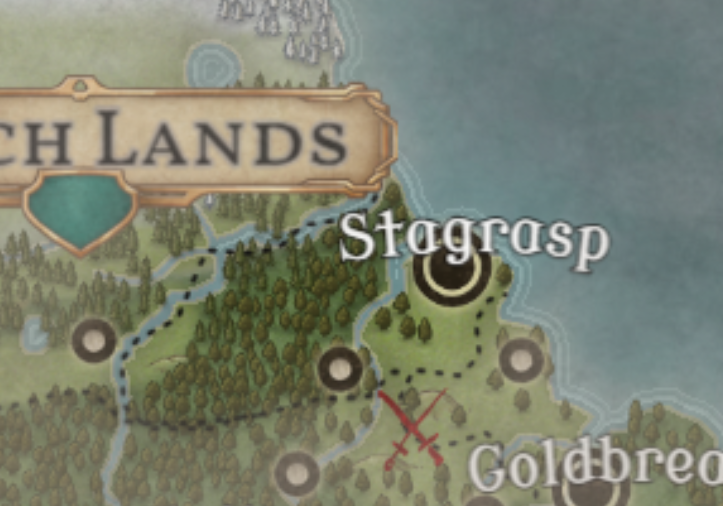Chintun
Chintun, although officially referred to as the Chintun Collective, is a very small nation located on the northeastern coast, surrounded by Anyisyow to the south, Sotem to the west, and Ûkêch to the north, the latter with which they foster very friendly contacts. The capital, Stagrasp, faces the Chanîk Sea, while Dilent is the second largest city and is located near the southern border.
Chintuni people are very sensitive to the magical climate known as Ryba, a consequence of the influx of Flows that greatly affects the weather. It is speculated that they are thus more resistant to temperature fluctuations and meteorological disasters. This particularity is what has protected them from many invasions and has forged in them a very neutral opinion of their neighbors and an even greater respect for the Flows. They live a lot from their trade with the tribes of Ûkêch, who are always very well received when passing through the territory.
Government
The uniqueness of this nation resides in the fact that, it can be considered as not being a nation, as it doesn't have any form of government. Their society works on self-management, meaning that individual groups, typically settlements, entrust decision-making to all of its members. Therefore, it does not involve a governmental or decision-making intermediary. Every member has a voice of equal power, and every decision is taken collectively. If one person was to disagree, the decision would not be approved.
It must be noted, however, that not having a government does not mean a lack of rules, one rule found all throughout the nation being that are considered "members" of a group only those who have reached an adult age, which varies depending on the species.
As a result, they do not have a single coat of arms or flag, but multiple instead, oftentimes one for each village or town. Decisions regarding foreign affairs are made on a village-to-village basis, some finding more advantages to surrending their territory while most defend their right to not be governed. Similarily, monetary value, although not agreed upon on a nation-wide level, tends to remain stable as the weather in Chintun is extremely lenient, making bad harvests very rare.
Fashion and society
Acting as a direct reflection of their society which encourages mutual aid and equality between all, there are no signs of superiority recognized as such in someone's outfit. Some individuals may wear more expensive items, but very rarely with the intention of flaunting their wealth by doing so.
Outfits are kept simple, with a tunic worn over a blouse or shirt and simple pants. Ornaments and decorations are rarely found on clothes, although jewelry is seeing a rise in use.
Being a nation promoting peace and mutual understanding, Chintuni people have never found any use to creating complex objects designed only to hurt another, like some weapons are. So while a Chintuni might not fight well with a spear or a mace, they remain worthy adversaries when armed with short blades such as billhook and daggers, or various styles of axes. Using a bow is, of course, a very useful skill.
Curiosities
- Every year is held the Blue Ribbon Baking Competition, which gathers many competitors all over the country to try and bake the most delicious treat. People, both spectators or not, are highly encouraged to try samples and vote for a winner.
- On the other side of Guerda River, which flows next to the capital, there's a very popular and sacred spot from can be seen a phenomenon called Mîpu Crystals.



